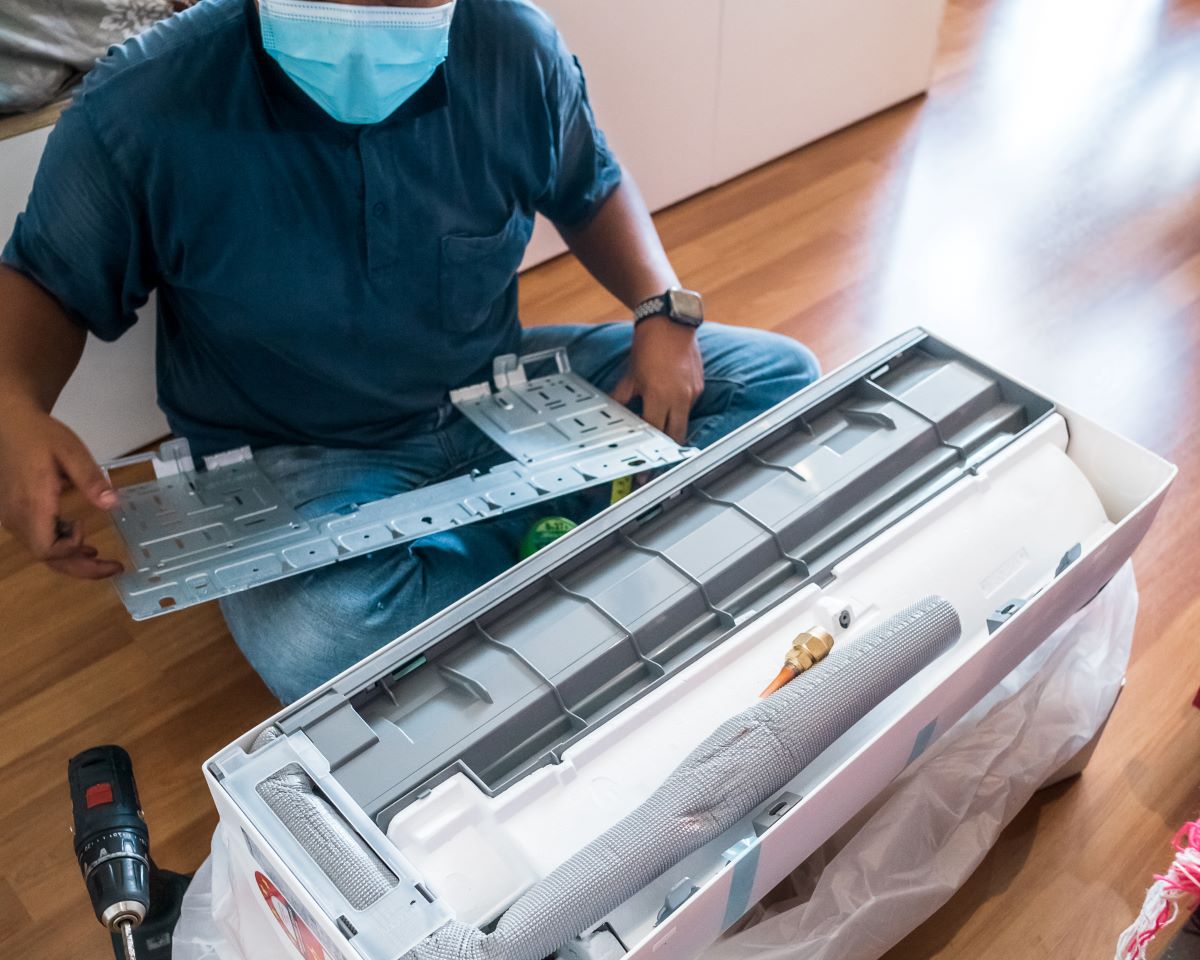Daikin to assemble air conditioners in Nigeria
The Japanese firm introduces instalment payment plans, sets up training centres as it tries to capture a growing market for its products in Africa

Japanese air-conditioner maker Daikin Industries will start assembling products in Nigeria as it looks to grow its business across the continent. The plant will be located within an existing facility provided by one of its distributors.
The company established a sales office in the country in 2020 and it is currently working with two distributors that promote and sell its products as well as provide after-sales support. To improve its service offering, Daikin – in partnership with local vocational training institute Etiwa Tech – recently also launched a training centre in Nigeria to upskill local air-conditioner installers and technicians.
Nigeria is one of Africa’s largest markets for air conditioners, accounting for about 15% of total demand in 2021. Daikin has provided air-conditioning solutions to several large-scale projects in Lagos, including the landmark 4 Bourdillon residential building and the renovation of the National Theatre.
Africa represents about 3% of the global air conditioner market. Daikin regards the continent as ‘the last frontier’ for its products. Demand here is driven by urbanisation and economic growth. In Tanzania, the company has launched a pay-as-you-go subscription service aimed at making its products more affordable. Business clients such as restaurants, pharmacies and beauty salons pay as little as US$1.20 a day (weekly and monthly plans are also available) to unlock its air conditioners from a smartphone app. However, these customers are responsible for installation and electricity costs. Tokyo-based start-up Wassha, which operates in East Africa, has come onboard to manage the payment collection process using mobile money. While the air conditioners remain the property of Daikin, the intention is to convince its clients to buy the appliances outright. Daikin is known for more upmarket air-conditioner models but aims to compete with lower-cost competitors such as LG Electronics, Midea Group and Gree Electric Appliances through this initiative.
In a recent interview, Tuna Gulenc, Daikin’s vice president for sales for the Middle East and Africa, stressed the importance of offering energy-efficient products in a country like Nigeria, where the national grid is unable to supply all the population’s electricity needs and many rely on expensive diesel generators for power. He highlighted the manufacturer’s inverter technology, which reduces electricity consumption by 30% as well as a new refrigerant that conducts heat more efficiently. The air-conditioning units are also equipped with auto voltage stabilisers (AVS) to protect against power surges and they have robust structures to withstand harsh conditions in Africa.
A 2021 report by the World Bank states the manufacturing sector plays a key role in creating jobs in Africa, suggesting it could make a meaningful dent in Nigeria’s unemployment rate of over 30%. Countries such as South Korea, Singapore and China used assembly manufacturing as a basis for building higher-level productive capabilities.
References
‘In Africa, Daikin offers cool-air hailing for $1.20 a day’, Nikkei Asia, 05 June 2020
‘Nigeria’s unemployment rate rises to 33.3% – highest in over 13 years’, Premium Times, 16 March 2021
‘Industrialization in sub-Saharan Africa: Seizing opportunities in global value chains’, The World Bank, 23 November 2021
‘Estimates of world air conditioner demand’, Japan Refrigeration and Air Conditioning Industry Association, July 2022
‘Firm opens training centre, partners institute to equip technicians’, The Guardian, 20 September 2022
‘Japan's Daikin to build air conditioners in Nigeria in renewed push’, Reuters, 30 September 2022
‘Nigeria is our most important market in Africa for growth, expansion – Gulenc’, Business Day, 07 October 2022














/enri-thumbnails/careeropportunities1f0caf1c-a12d-479c-be7c-3c04e085c617.tmb-mega-menu.jpg?Culture=en&sfvrsn=d7261e3b_1)

/cradle-thumbnails/research-capabilities1516d0ba63aa44f0b4ee77a8c05263b2.tmb-mega-menu.jpg?Culture=en&sfvrsn=1bc94f8_1)







